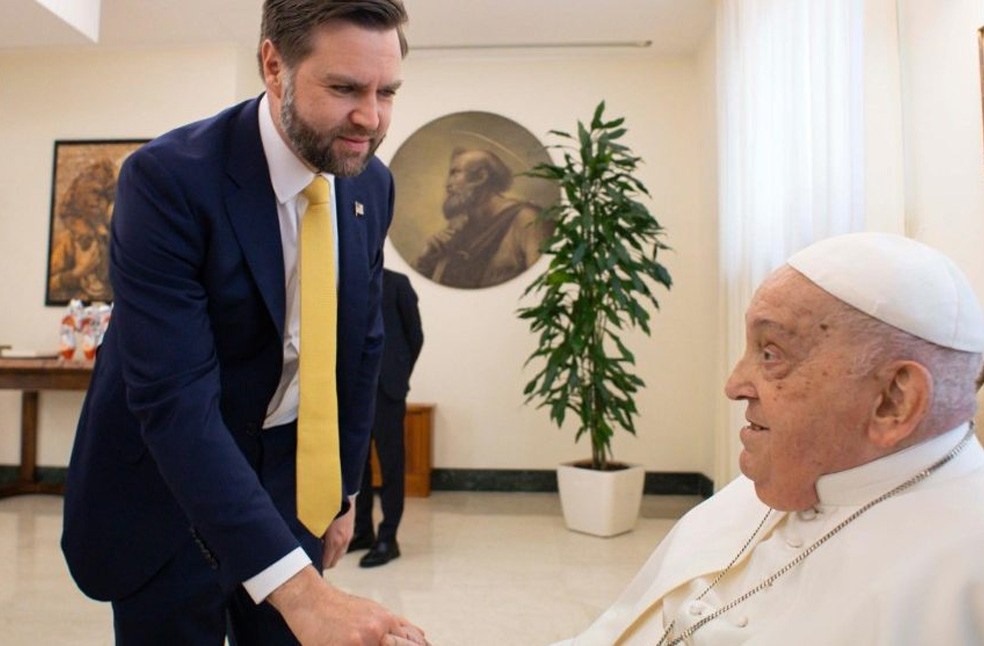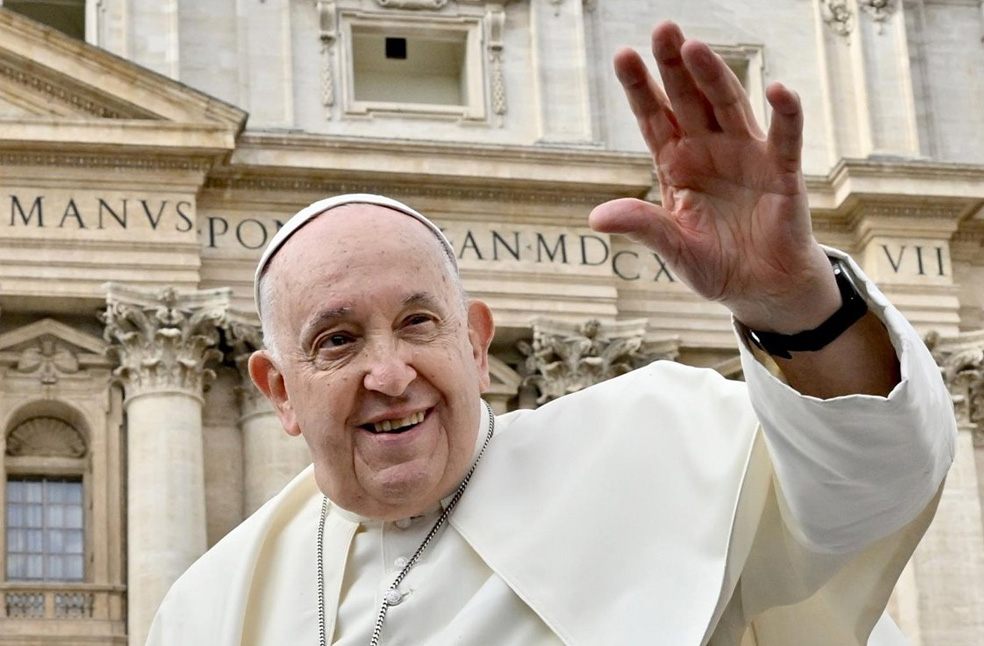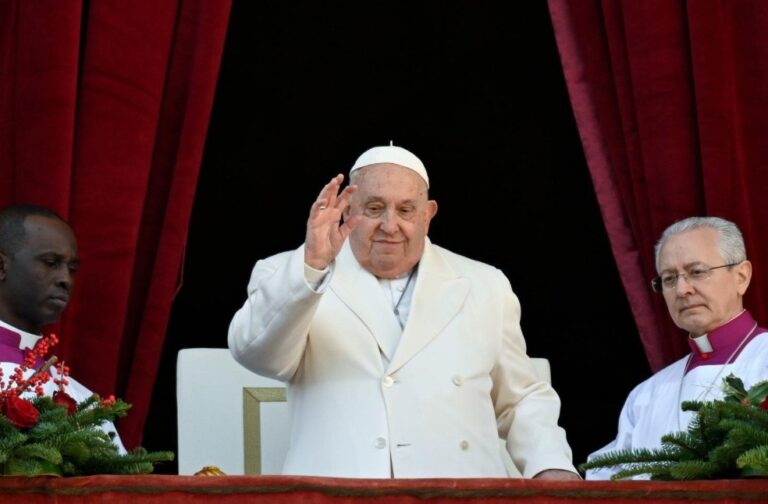Rome, Italy: Pope Francis has died at the age of 88, the Vatican has announced on Monday, April 21, 2025. Cardinal Kevin Farrell delivered the official statement, revealing that the pontiff passed away at 7:35 am.
Farrell said that, “His entire life was dedicated to the service of the Lord and His Church,” commending his example of gospel values, courage, and compassion, especially toward the poorest and most marginalized.
Born Jorge Mario Bergoglio in Buenos Aires in 1936, Francis became the first South American pope and the 266th Bishop of Rome in 2013, following Pope Benedict XVI’s historic resignation.
His decade-long papacy was marked by humility, progressive outreach, and unwavering advocacy for social justice, earning him the title of ‘The People’s Pope.’
Despite a series of health complications in recent years, Pope Francis continued to carry out his duties.
On Easter Sunday, Pope appeared in public in St. Peter’s Square, smiling and greeting crowds following the traditional Urbi et Orbi blessing, and had also met with US Vice President JD Vance the day before.
Deteriorating Health
However, Pope’s health had been a growing concern. On February 14, 2025, he was admitted to the hospital with bronchitis. In the days that followed, doctors diagnosed bilateral pneumonia, and he required blood transfusions due to anaemia-related low platelet levels.
By February 22, the Vatican reported he was in critical condition from a prolonged respiratory crisis that demanded a high flow of oxygen. On February 23, the Holy See disclosed he was also suffering from initial, mild kidney failure.
Thousands of the faithful had gathered outside his hospital and in St. Peter’s Square during this time to pray, leave flowers, and show support.
On March 6, Francis broke his silence with an audio message thanking well-wishers, stating that, “I am with you from here.”

Pope left the hospital on March 23, making a surprise stop at his favourite basilica before returning to the Vatican, where doctors prescribed two months of rest, respiratory therapy, and oral antifungal treatment for lingering lung infections. He also had access to supplemental oxygen and round-the-clock medical supervision.
Throughout his papacy, Pope Francis pushed boundaries within the Church. In 2016, he washed the feet of refugees from various faiths in a symbolic act of service.
Pope championed climate action, economic equity, and inclusivity, famously saying that, “If a person is gay and seeks God and has good will, who am I to judge them?” The statement marked a groundbreaking shift in the Church’s tone toward LGBTQ+ individuals.
Nevertheless, Francis’s progressive image came under scrutiny in April 2024 when he signed Dignitas Infinita (Infinite Dignity), a document reaffirming the Church’s opposition to gender reassignment, surrogacy, abortion, and euthanasia.
That same year, reports emerged that he had used a homophobic slur in private, drawing criticism from reform advocates. His declining health had previously led to missed events, including 2024’s Good Friday procession at the Colosseum.
Earlier in his papacy, he underwent colon surgery in 2021 and intestinal surgery in 2023 for a hernia, with the Vatican citing “recurrent, painful and worsening symptoms.” He also suffered from chronic mobility issues due to sciatica, often requiring a wheelchair or cane.
In 2022, Pope Francis hinted at the possibility of resignation if his health deteriorated, echoing his predecessor Benedict XVI’s decision. Benedict was the first pope in over 600 years to step down and died in 2022.

The world mourns
Monday evening saw thousands gather once again in St. Peter’s Square, this time in mourning, with silent prayers and candlelight vigils honouring the late pontiff.
King Charles said he was ‘deeply saddened’ by the news, while UK Labour leader Sir Keir Starmer paid tribute to the pope’s “tireless efforts to promote a world that is fairer for all.”
With an estimated 1.4 billion Catholics worldwide now mourning his passing, preparations begin for the next chapter in Church leadership. The conclave to elect a new pope traditionally convenes 15 to 20 days after a pontiff’s death.
From his first appearance on the Vatican balcony in 2013 to his final Easter message in 2025, Pope Francis leaves behind a legacy of humility, inclusivity, and courageous reform, a life devoted entirely to the service of God and humanity.



